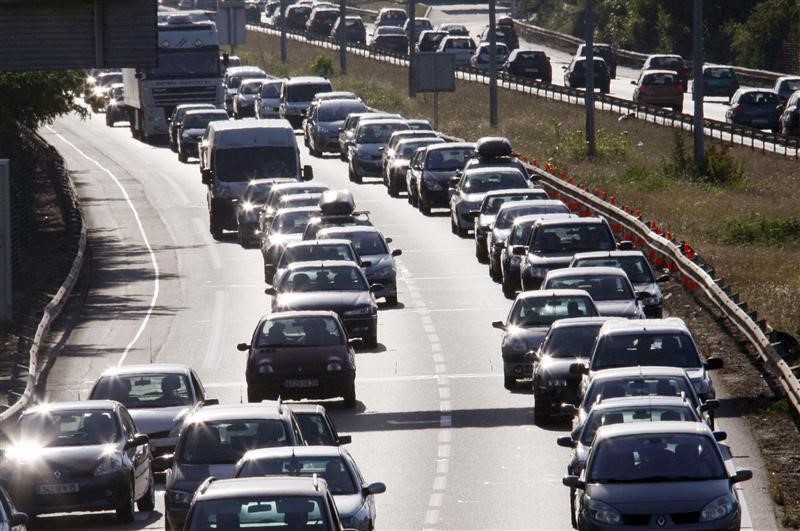(Adds reaction from manufacturers' association, EPA background)
By David Shepardson
WASHINGTON, Dec 21 (Reuters) - The U.S. National Highway Traffic Safety Administration said Wednesday it will delay until 2018 a planned jump in fines for automakers who fail to meet fuel efficiency requirements in response to concerns from the sector over their impact.
Two major auto trade associations representing carmakers including General Motors Co (NYSE:GM) GM.N , Toyota Motor Corp 7203.T and Volkswagen AG VOWG_p.DE had urged U.S. regulators to reconsider plans to more than double fines for failing to meet fuel efficiency requirements, saying the move could have boosted industry compliance costs by $1 billion annually.
In 2015, Congress ordered federal agencies to adjust civil penalties to account for inflation and, in response, NHTSA proposed to raise fines to $14 from $5.50 for each 0.1 mile per gallon each vehicle is below required standards. Automakers had said the higher fines could have hit vehicles built since 2014.
NHTSA said applying the higher fines to prior years "would seem to impose retroactive punishment" and wouldn't boost fuel savings. NHTSA said that was "not appropriate" and was fair to give automakers time before higher fines took effect because product plans are difficult to alter in the short term.
It also said Wednesday in a separate announcement that it will consider a proposal from automaker trade groups to further "harmonize" its rules with requirements from the Environmental Protection Agency. Automakers are seeking further flexibilities as they face steep increases in requirements through 2025.
The auto industry has been urging President-elect Donald Trump to conduct a sweeping review of the Obama administration's fuel efficiency requirements and other regulations for the sector.
Automakers have paid $650 million in total fines over the past 30 years through 2015, according to NHTSA.
Gloria Bergquist, a spokeswoman for the Alliance of Automobile Manufacturers, welcomed the decision saying "the sudden raising of these fines by almost a three-fold magnitude meant some automakers faced potentially large fines."
In 2011, President Barack Obama announced an agreement with major automakers to raise fuel efficiency standards to 54.5 mpg, which the administration said would save motorists $1.7 trillion in fuel costs over the life of the vehicles but cost the auto industry about $200 billion over 13 years.
Last month, the EPA moved to lock in fuel efficiency standards central to Obama's climate policy before the Trump administration takes over in January.
Under the law, the EPA had to decide by April 2018 whether to modify the 2022-2025 model year vehicle emission rules requiring average fleet-wide efficiency of more than 50 miles per gallon.
Instead, the agency said it will end the public comment period by Dec. 30, and is expected to finalize the rules after then and before the Obama administration leaves office on Jan. 20.
